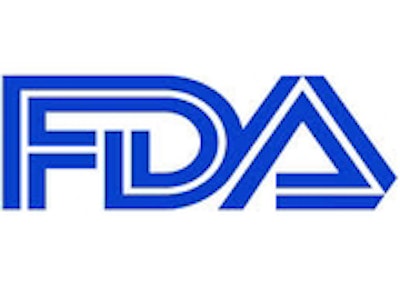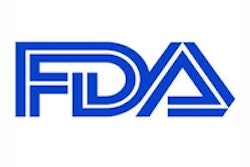
The U.S. Department of Justice entered a consent decree of permanent injunction in the District of Vermont against the Correia Family Limited Partnership, doing business as Wynsum Holsteins, a dairy farm located in West Addison, Vt., and its partners, Anthony Correia, Barbara Correia and Stephen Correia. The decree accompanies a complaint filed at the request of the U.S. Food and Drug Administration.
An FDA inspection conducted between November and December 2014 revealed that Wynsum Holsteins violated several provisions of the Federal Food, Drug, and Cosmetic Act (FD&C Act). Among those violations, the FDA found that the company offered for sale cows with illegal drug residues in their tissue, administered drugs contrary to label directions without proper veterinary oversight and supervision and failed to maintain adequate treatment records.
According to the FDA, Wynsum Holsteins has a history of violating the FD&C Act. Following a 2012 inspection that revealed similar violations, the FDA issued a warning letter in March 2013 and the company promised to take corrective actions. However, the FDA’s 2014 inspection showed that the company failed to address their violations.
“When a company refuses to comply with federal laws we must take the necessary enforcement actions to ensure that the food that enters the American food supply is safe,” said Daniel McChesney, Ph.D., director of the Center for Veterinary Medicine’s Office of Surveillance and Compliance at the FDA. “Until Wynsum Holsteins takes corrective measures to address their violations we must order them to cease operations to make sure that food they produce does not put consumers at risk.”
The consent decree prohibits Wynsum Holsteins and its partners from, among other things, selling animals for slaughter until they have implemented record-keeping systems that ensure animals with illegal drug tissue residues are not sold. The systems must also ensure that drugs are not used in a manner contrary to the labeling without a valid veterinarian-client-patient relationship.
Failure to obey the terms of the consent decree could also result in civil or criminal penalties.


















